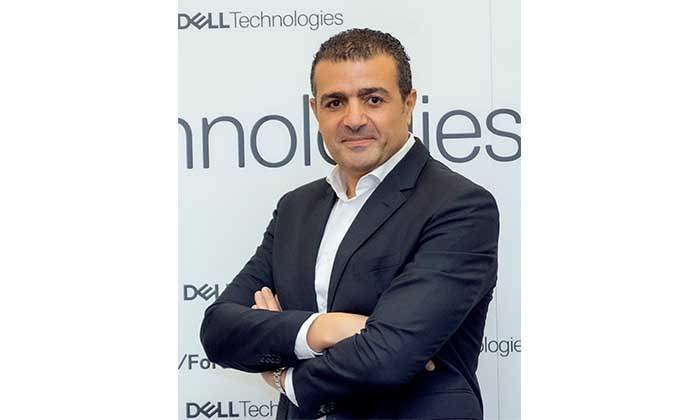New research from Dell Technologies shows that businesses in the Kingdom of Saudi Arabia are increasingly viewing artificial intelligence (AI) as a strategic priority. The global State of Innovation and AI Survey study – which surveyed 2,850 business and IT decision-makers, of which 50 from Saudi Arabia – found that 96% of the surveyed Saudi companies now view it as a ‘key part’ of their business strategy. Additionally, 52% of Saudi organizations report seeing tangible productivity and financial returns from initial AI investments.
Why It Matters
Despite these promising indicators, 92% of businesses in Saudi struggle to fully integrate AI into every aspect of their operations, while 40% are still in the early-to-mid stages of their AI adoption journey. Challenges such as data security concerns, lack of executive/senior management buy-in, and integration with existing systems/infrastructure continue to hinder large-scale implementation.
The research highlights that while Saudi companies are making strides toward AI adoption, scaling AI effectively across an enterprise requires a holistic approach. Building infrastructure that supports AI, fostering new skillsets, and prioritizing secure and ethical practices are key.
Barriers to AI Implementation
While the interest in AI continues to grow, progress is hindered by three persistent challenges:
- Skills Gap: Alarmingly, all respondents (100%) of the Saudi companies surveyed believe their teams lack the necessary skills to fully leverage AI. This marks a sharp increase in concerns compared to previous years, especially surrounding the safe implementation of GenAI, an area where 70% of Saudi organizations report insufficient knowledge.
- Security Concerns: The pressure to innovate is often tempered by increasing worries about security risks. 68% of Saudi companies expressed fears about exposing sensitive corporate data and intellectual property to third-party AI tools. Additionally, 76% of the organizations highlight that it is a challenge to find a balance between innovation and mitigating cybersecurity risks.
- Infrastructure Readiness: Many companies find their current IT environments inadequate for the demands of AI workloads. Challenges include increasing processing power (e.g. CPUs/GPUs), implementing AI-optimized hardware, and enhancing data security. Without addressing these issues, AI integration efforts will continue to face delays.
Aligning AI Innovation with Sustainability Goals
An encouraging trend revealed in the report is the increasing link between AI and sustainability goals. Businesses are exploring AI’s potential to optimize energy efficiency – such as smarter data center management, minimizing idle workloads and moving inferencing tasks to edge computing environments. Organizations in Saudi Arabia are increasingly leaning on third-party collaborations to integrate sustainable practices, with 88% highlighting the importance of external collaboration in achieving circular IT solutions. This trend signals an emerging ecosystem of shared expertise to tackle the complexities of implementing both AI and sustainability strategies. From advanced cooling solutions to energy-aware AI architectures, Dell Technologies is helping organizations reduce their environmental impact with AI infrastructure that balances performance with energy efficiency.
Mohamed Talaat, Dell Technologies’ Vice President, Saudi, Egypt, North Africa & Levant
“Saudi businesses are leading the way in AI and innovation, transforming processes, customer experiences, and decision-making. However, to fully unlock AI’s potential, addressing skill gaps, enhancing infrastructure, and ensuring secure, sustainable practices are essential for driving meaningful growth. At Dell Technologies, we’re proud to support this journey with the right tools, expertise, and partnerships.”


